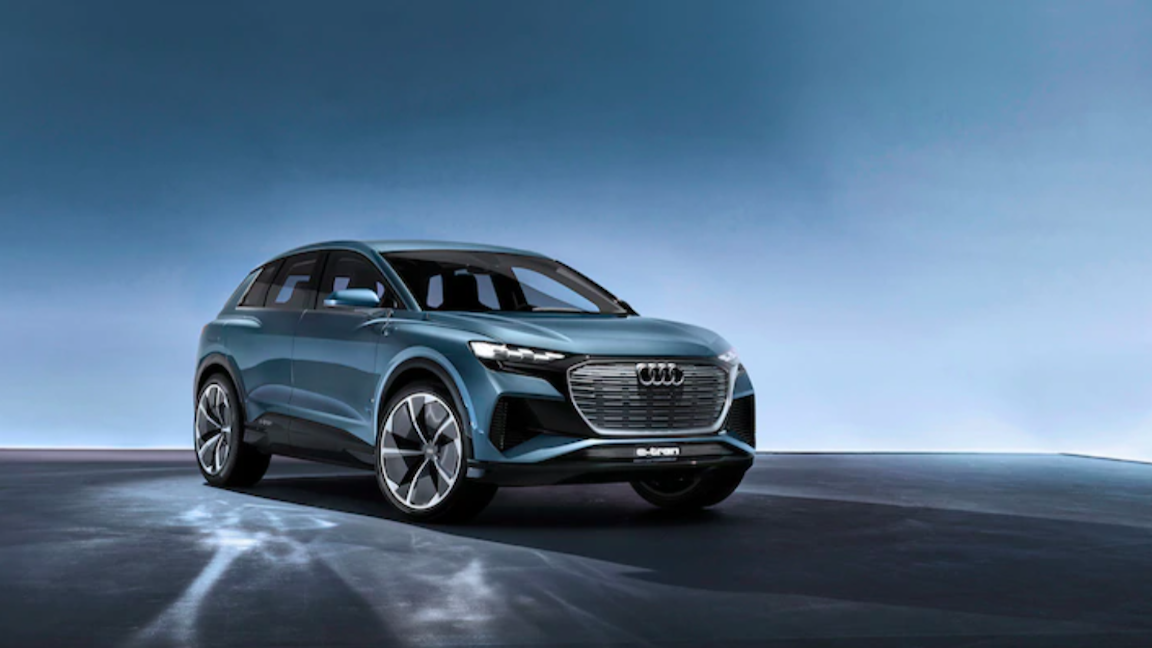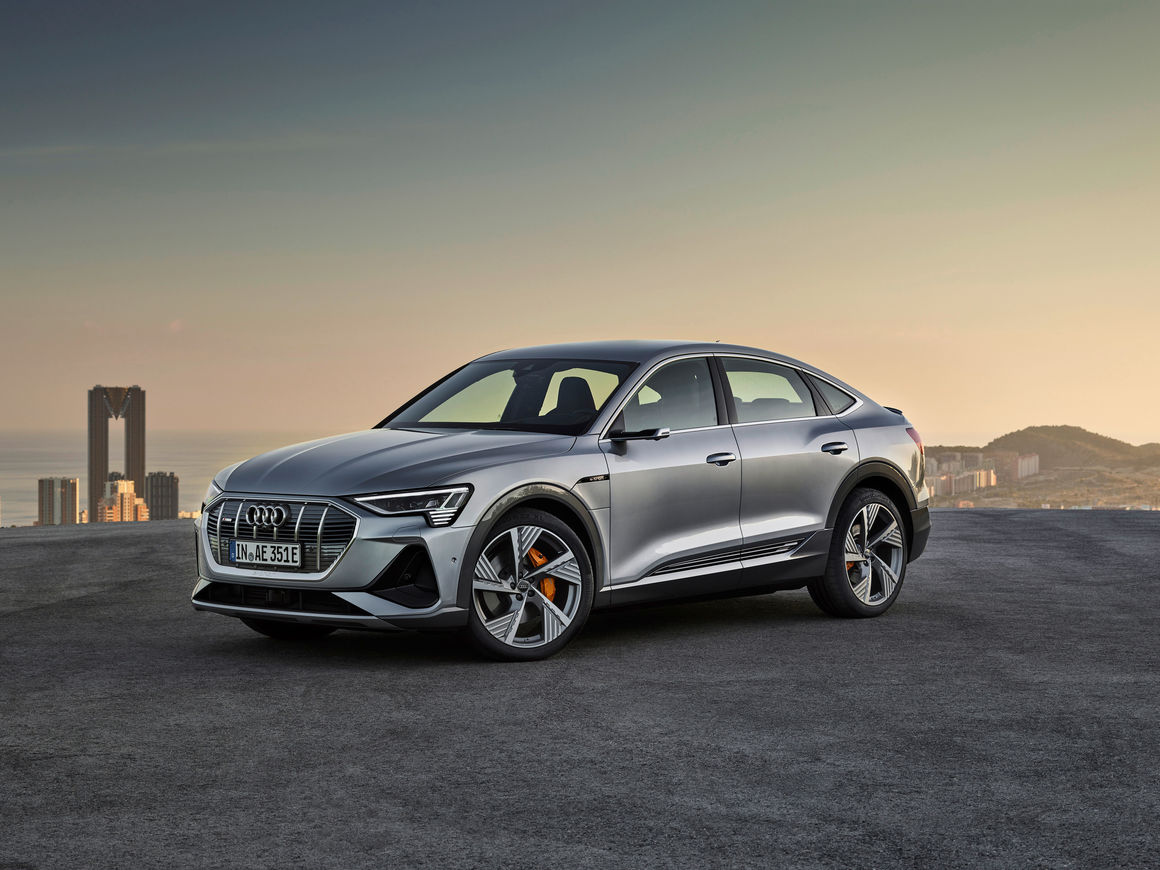

Audi’s product cycles will remain at 6-7 years which will be thoroughly updated in between the cycles, meaning every 6-7 years the brand will introduce a new product. Audi’s research and development cost will also rise from the current 5% to 6% of revenue to 6% – 7% from 2021, despite the increasing cost of development for electric vehicles. But the brand will benefit from the Volkswagen Group in terms of platform sharing which will save cost for the brand.
The brand currently uses both the MEB (Modular Electric-Drive Toolkit) and the PPE (Premium Platform Electric) for the E-Tron and E-Tron GT. This brand shares this platform with the Porsche (PPE) in the B-,C- and D-segment. In its lifetime, the brand will produce over 7 million units using the platform. This enhances the economies of scale and scalable electromobility also allows for the product to be fresh even after 6-7 year in service. Similarly, new software platforms that are capable of Over-the-Air updates allow the car to receive frequent updates and this is a result of bundling the right resources together.
Audi also revealed that the brand plans to launch a total of 7 electric vehicles in 2021. The brand’s next electric vehicle slated for market launch is the Q4 E-Tron and by 2025 the carmaker will have nearly 20 products in the segment. The brand also revealed that the company is working towards the electrification of its entire portfolio in the coming years. Audi launched its first electric vehicle the E-Tron which is an expensive large SUV, the second step for the brand was the E-Tron GT and with the Q4 E-Tron the brand targets the customers looking for a premium electric vehicle with a low price point.
Recently, Audi India released a teaser, indicating that the brand will be launching the e-tron and e-tron Sportback in the country in the first half of 2021.

